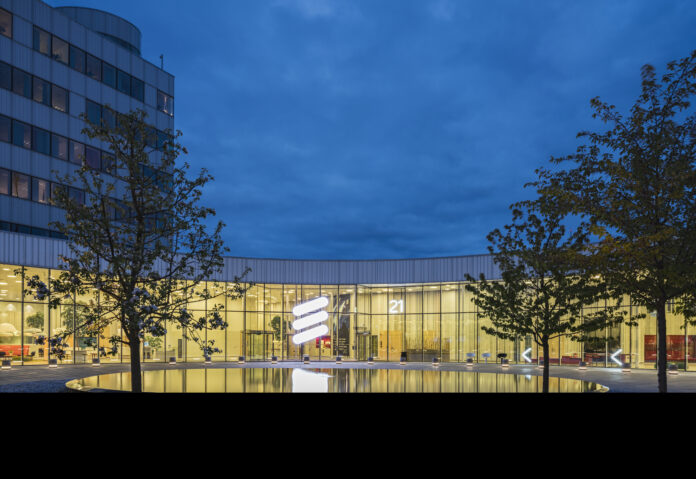Ericsson and SoftBank are also both working with NVIDIA on embedding AI into the RAN
The topic du jour in telecoms seems to be bringing artificial intelligence (AI) into the radio access network (RAN). The big idea is that operators could use AI for dynamic network optimizations and then use AI computing overhead to support enterprise-facing services like GPU-as-a-Service (GPUaaS) or edge inferencing.
In a press release, Ericsson said it will work with SoftBank to optimized a converged AI/RAN edge architecture “with a focus on Centralized RAN…, including assessing the pros and cons of shared hardware.” The two companies will also look into “managing hardware and workload sharing between AI and RAN applications,” and engineering demos focused on converged hardware sharing resources between AI and RAN workloads.
Ericsson’s Fredrik Jejdling, executive vice president and head of business area networks, said the goal is to “empower communications service providers to build more open, efficient and versatile networks.”
Ericsson, alongside rival Nokia and AI powerhouse NVIDIA, and customer T-Mobile US are setting up an AI RAN Innovation Center in T-Mo’s hometown of Bellevue, Washington. At its recent capital markets day event in San Francisco, T-Mobile US laid out its AI ambitions which includes a tie up with Open AI on intent-based customer experience enhancements and distributed AI compute throughout its RAN.
SoftBank has a number of irons in the AI fire. At the Computex show in May 2023, NVIDIA announced it was working with the Japanese corporation, which also operates a mobile network, on converging AI and RAN.
Discussing the work with Ericsson, SoftBank’s CTO and EVP Hideyuki Tsukua said the push “aligns with our strategy to invest in AI infrastructure that enables the overlay and optimization of RAN.”

